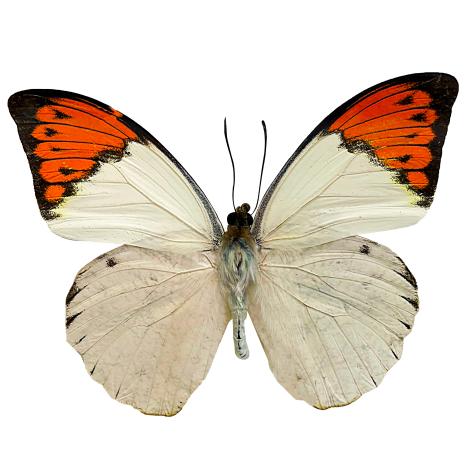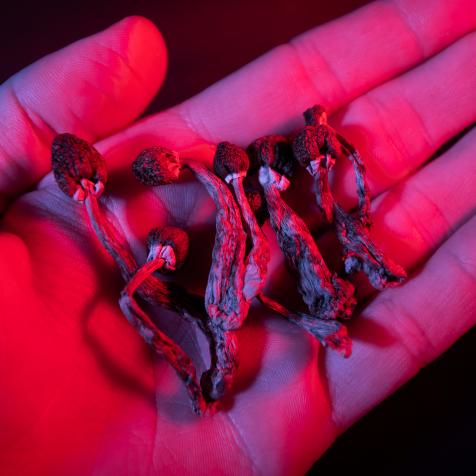
Curiosity Daily Podcast: Analog and Digital Media Preservation (w/ Damon Krukowski) and the Wagon Wheel Illusion
Learn about how we preserve analog and digital audio (and other media) with special guest Damon Krukowski, who is a musician, writer, and author of the new book “Ways of Hearing.” We’ll also answer a listener question about why quickly rotating objects seem to rotate in the opposite direction.
Episode Show Notes:
Get your copy of “Ways of Hearing” on Amazon: https://amazon.com
More from Damon Krukowski:
- “Ways of Hearing” on Amazon — https://amazon.com
- Damon Krukowski’s website — http://www.dadadrummer.com/
- Pitchfork profile — https://pitchfork.com/staff/damon-krukowski/
- Follow Damon K on Twitter @dada_drummer — https://twitter.com/dada_drummer
- Radiotopia Showcase — https://www.radiotopia.fm/showcase/ways-of-hearing
Additional resources discussed:
- The wagon wheel illusion in movies and reality | PNAS — https://www.pnas.org/content/93/8/3693.short
- Illusory motion reversal is caused by rivalry, not by perceptual snapshots of the visual field | ScienceDirect — https://www.sciencedirect.com/science/article/pii/S0042698904002731
- The Continuous Wagon Wheel Illusion and the ‘When’ Pathway of the Right Parietal Lobe: A Repetitive Transcranial Magnetic Stimulation Study | PLOS — https://journals.plos.org/plosone/article?id=10.1371/journal.pone.0002911
If you love our show and you're interested in hearing full-length interviews, then please consider supporting us on Patreon. You'll get exclusive episodes and access to our archives as soon as you become a Patron! https://www.patreon.com/curiositydotcom
Download the FREE 5-star Curiosity app for Android and iOS at https://curiosity.im/podcast-app. And Amazon smart speaker users: you can listen to our podcast as part of your Amazon Alexa Flash Briefing — just click “enable” here: https://curiosity.im/podcast-flash-briefing.
See omnystudio.com/listener for privacy information.











































































